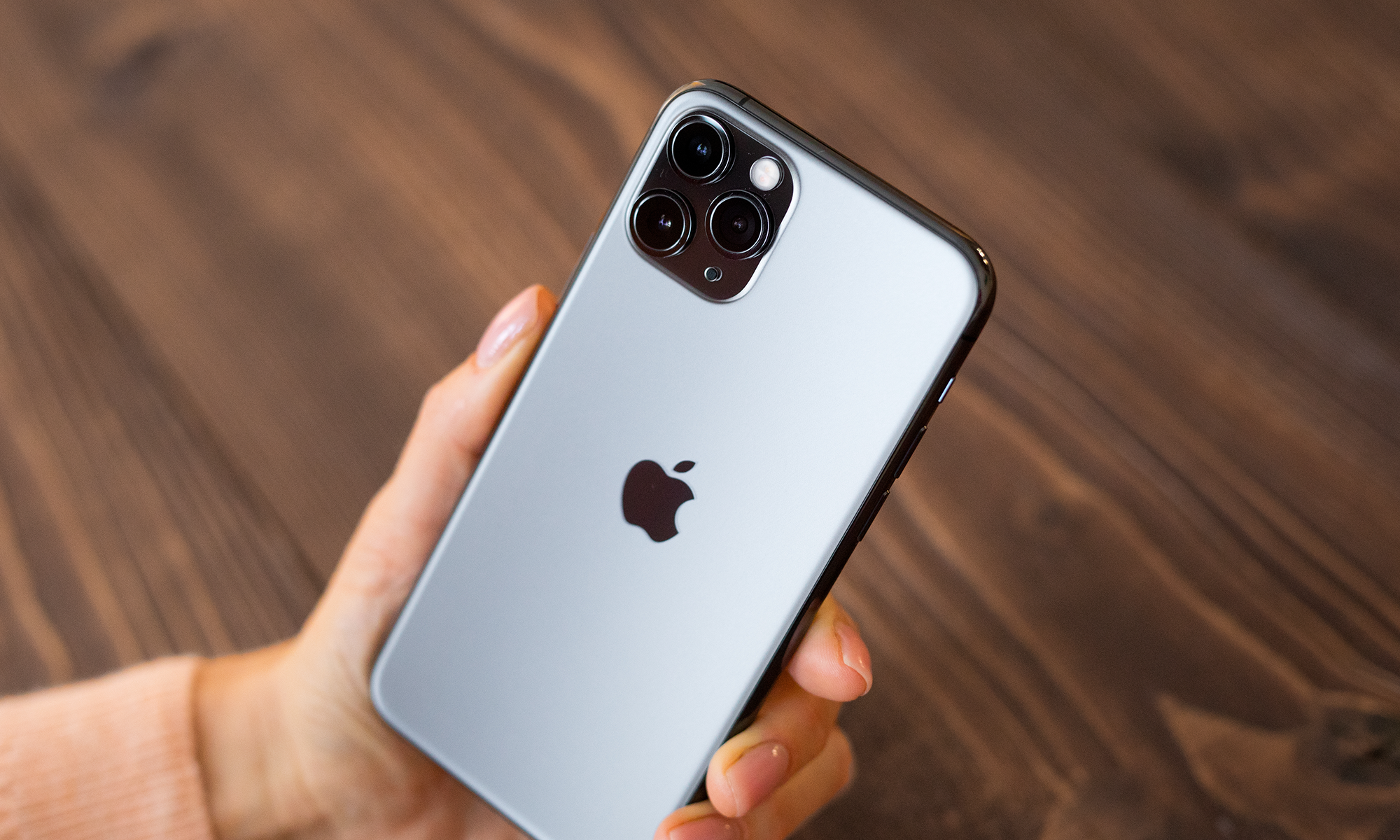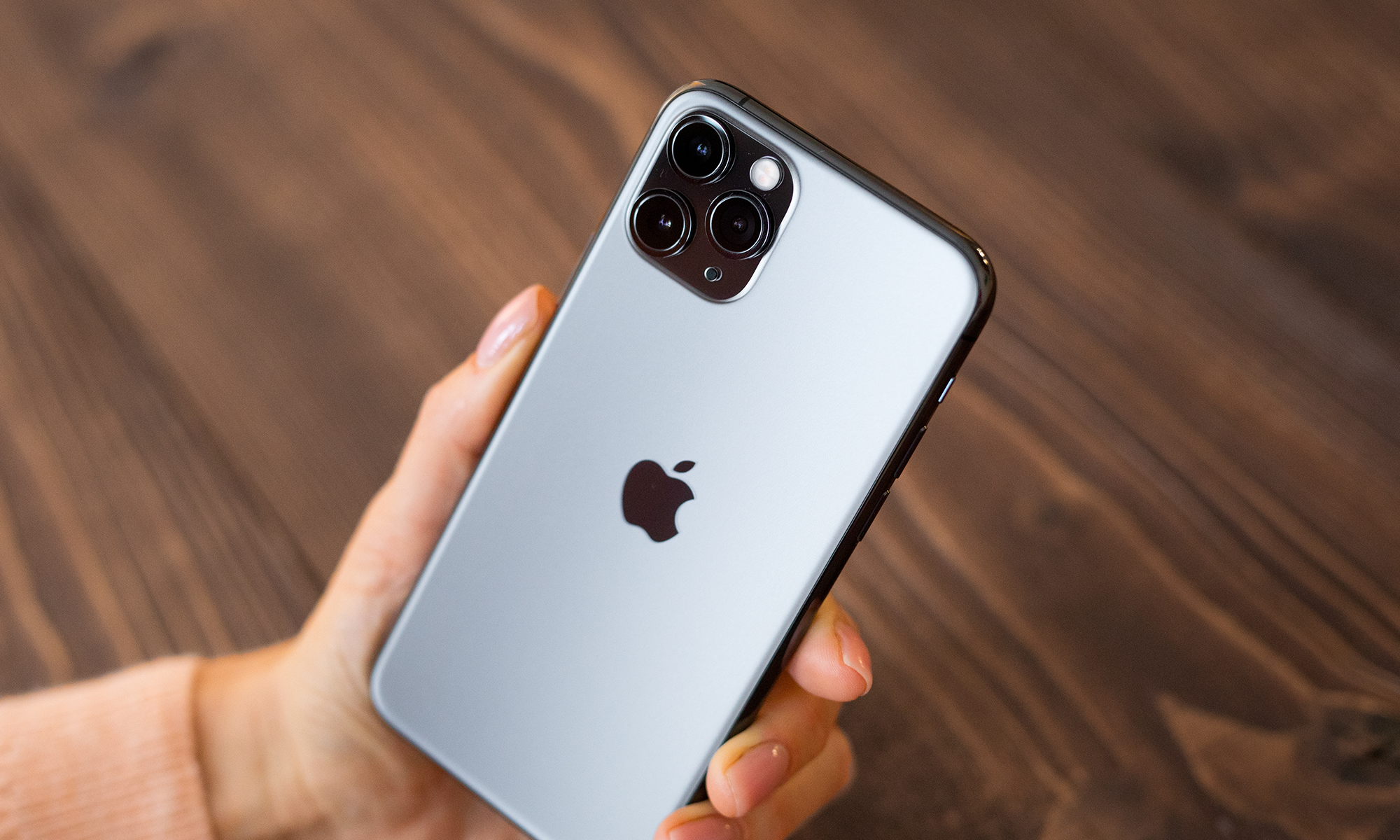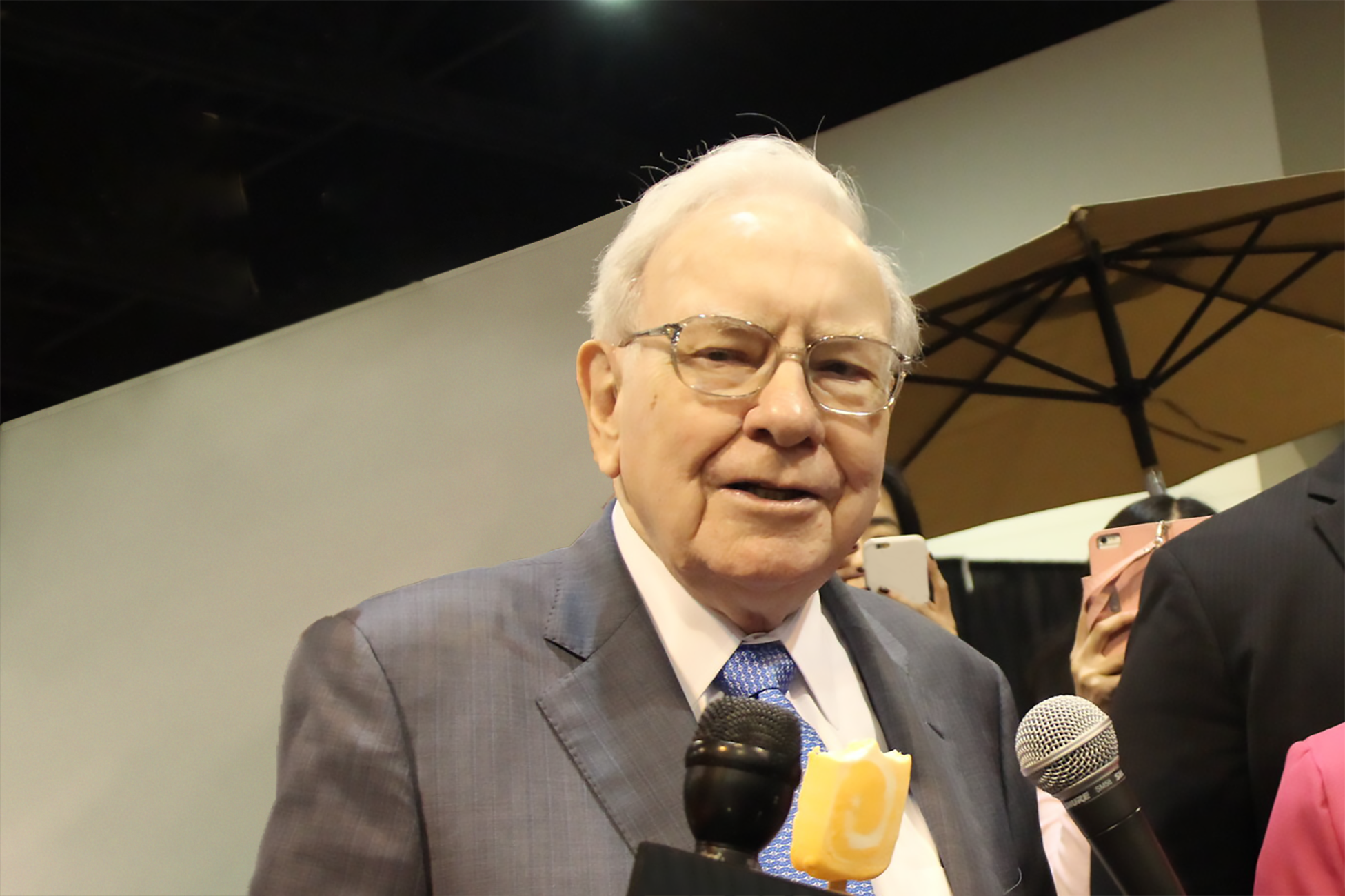Samsung (NASDAQOTH: SSNLF) no longer controls the market for flagship phablets: Apple's (AAPL 0.33%) iPhone 6 Plus is every bit as big and as powerful as Samsung's latest handset, the Galaxy Note 4.
The contrast and conflict between the two phones has been played up extensively in the tech media -- and, given that Samsung itself invited the comparison with an ad campaign, this is entirely fair. In theory, both handsets are aimed at the same sort of consumer: one looking for an expensive, over-sized smartphone. The success of one may come at the expense of the other, and given that the iPhone 6 Plus represents Apple's first foray into the larger phone market, demand for Apple's phablet could come from many of Samsung's best customers.
Yet, if there is a phone capable of stealing Samsung's customers, it may not be the iPhone 6 Plus. Rather, Google's (GOOG 1.87%)(GOOGL 1.73%) own Nexus 6 stands as the more menacing threat.
The Nexus 6 vs iPhone 6 Plus vs Galaxy Note 4
Like the iPhone 6 Plus and the Galaxy Note 4, Google's Nexus 6 -- made by Motorola -- is a high-end phablet aimed at users that demand a big phone with a big screen. In fact, of the three handsets, it has by far the biggest, with a massive, 5.9-inch display (compared to 5.7-inch for Samsung's, and 5.5 for Apple's).
It's possible that the Nexus 6 is simply too big, and that consumers will prefer the relatively smaller iPhone 6 Plus and Galaxy Note 4. But because of savvy design choices -- modest bezels and on-screen buttons -- the Nexus 6 is only slightly larger than the Galaxy Note 4, which is only a bit bigger than the iPhone 6 Plus. The Galaxy Note 4, for example, is 153.5 millimeters long; the Nexus 6 is 159.3.
Both the Nexus 6 and the Galaxy Note 4 are on equal footing when it comes to power, offering identical CPUs, GPUs, and 3GB of RAM. Apple's iPhone 6 Plus sports the more powerful A8 chip, but lacks a screen as sharp as the Galaxy Note 4 and the Nexus 6. All three phones offer quality cameras with optical image stabilization.
Two operating systems
The biggest difference between the phones centers around software -- Google's Nexus 6 and Samsung's Galaxy Note 4 are powered by Android; Apple's iPhone 6 Plus is the only phablet on the market offering iOS.
In other words, those looking for a phablet with iOS have only one choice; those that want one with Android are free to choose the Nexus 6 or the Galaxy Note 4. The difference in ecosystem discourages Galaxy Note, Note II, and Note III owners from making the switch to Apple's iPhone 6 Plus -- purchased music, apps, and books, among other things, may not carry over -- but it does nothing to stop them from switching to Google's Nexus 6.
Better software or a stylus?
Many may make that choice. The Nexus 6, unlike its predecessors, will be available on every major American carrier when it debuts early next month. At $650 (off contract), it's more expensive than prior Nexus handsets, but $100 cheaper than Samsung's Galaxy Note 4.
It also offers better software. The Nexus 6 will sport a stripped-down, clean version of Google's Android operating system, one that's completely free from the often poor modifications Samsung makes to Google's underlying operating system. Gadget reviewers commonly complain that Samsung's version of Android -- dubbed TouchWiz -- results in a sluggish and sometimes buggy Android experience. In contrast, the more basic version of Android found on Google's Nexus devices is speedier, with a great focus on Google's core Android apps and less clutter.
To be fair, Samsung's Galaxy Note 4 has a few advantages over the Nexus 6, most notably its smart stylus, the S-Pen. As its name implies, Samsung's phablet excels as a digital notepad, able to save notes and detect handwriting.
The Nexus 6 could be more the enticing option
But for Galaxy Note fans that don't particularly love the S-Pen, both the iPhone 6 Plus and the Nexus 6 could prove attractive alternatives to Samsung's latest model. Some may switch to Apple's iPhone 6 Plus, but given the different ecosystems, the Nexus 6 may be the more popular alternative.








